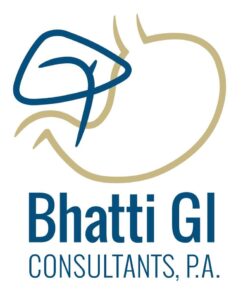Esophageal varices are abnormal, enlarged veins in the lower part of the esophagus that occur most often in people with serious liver diseases. Advanced liver diseases, such as cirrhosis, may result in scar tissue that obstructs normal blood flow through the liver. Consequently, blood flows into smaller vessels that are not designed to carry large volumes of blood. This excessive volume may cause vessels to leak or even rupture, leading to life-threatening bleeding.
Symptoms associated with liver disease may suggest esophageal varices, as well as:
- Vomiting blood
- Black, tarry, or bloody stools
- Shock (occurs when the body is not getting enough blood flow)
How are Esophageal Varices Diagnosed?
If you have liver disease, your provider will likely screen you for esophageal varices at the time you are first diagnosed. Some of the main tests used to diagnose esophageal varices are:
- EGD
- Imaging tests (CT scan and MRIs)
- Video capsule endoscopy
Treating Esophageal Varices
The primary objective when treating esophageal varices is to prevent bleeding. However, if bleeding occurs, there are also treatments available to try to stop the bleeding. Depending on your condition, your provider may recommend banding, a procedure used to tie off bleeding veins, or certain medications to slow blood flow.
Bleeding esophageal varices can be life-threatening. If you have symptoms of liver disease or esophageal varices, schedule an appointment at Bhatti GI. Dr. Bhatti is board-certified and has decades of experience treating patients throughout the state of Minnesota.
Locations
Chaska GI Clinic
1457 White Oak Dr
Chaska, MN 55318
Phone: 952-368-3800
Fax: 952-368-3801
St. Francis Regional Medical Center
1515 St. Francis Ave. #250
Shakopee, MN 55379
Phone: 952-368-3800
Fax: 952-368-3801
Edina GI Clinic
6500 Barrie Rd.
Edina, MN 55435
Phone: 952-368-3800
Fax: 952-368-3801
